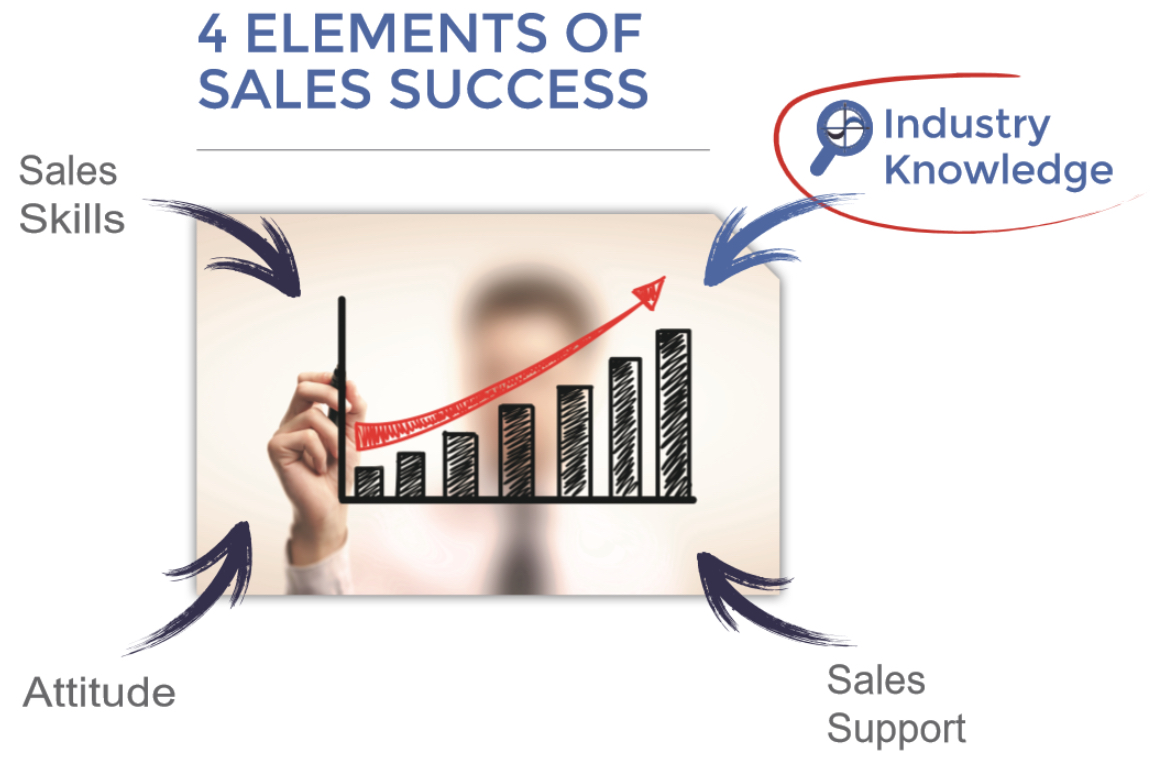
Imagine for a moment that you’re a sales manager evaluating how to deliver a sales enablement program that will benefit both new hires who need to hit the ground running and provide value to more experienced team members. What would you include?
When we think of sales training, the first thing that usually comes to mind is a series of workshops—usually instructor led and evangelically delivered—designed to hone performance in time management, listening and communication, objection handling, closing, and so on. So far, so good; this is crucial stuff for all salespeople regardless of experience levels. It’s what your competitors are all doing, it’s what staff expects, and so you rightly should be making “classic” sales training available.
What Next?
After first considering workshops, how about motivational training to foster the kind of positive attitude that helps staff better deal with the ups and downs of the sales cycle, to more effectively develop prospects, build value, and open up new business opportunities? Absolutely right, this is often central to the annual kick-off meeting, and can be an element of monthly meetings in addition to any specific training.
Thirdly, we’ll need product knowledge training in the mix, too. Most companies have a wealth of technical product information available in-house, and which can be delivered via multiple formats (documents, videos, Webinars, workshops, etc.) and when the sales teams need it.
So we’ve now invested a lot of money in our integrated sales enablement initiative, and in doing so we’ve created an army of charismatic, enthusiastic, mentally resilient, product-aware salespeople who are all ready to get out there out and flood the business with new orders.
But experience shows that, even now, the fourth key element, industry knowledge,is still missing.
- Only 1 in 5 execs say that meetings with salespeople meet expectations.
- 76 percent said sales reps didn’t understand the role and responsibility of the execs they were meeting with well enough,
- 77 percent said sales teams weren’t able to demonstrate to them how their company’s products or services can help their prospect due to their lack of industry or business knowledge .
Supporting this is Forrester research indicating that less than half of the companies it interviewed considered their own sales reps to be “very prepared” for an initial meeting!
So it seems as though there are plenty of salespeople constrained not by technical sales skills per se, but more by lack of knowledge of their prospects’ industries and the buying motivations of the decision-makers they meet with.
The customer’s crucial question is “How is what you’re selling going to help my business?” That’s something that just isn’t being answered most of the time. Knowledge of your product needs to exceed an understanding of mere technical specifications and encompass its various applications and how it can be used to serve your customers’ clients.
Imagine that one of your technology sales reps has an initial meeting with an oil and gas client. He might have watched a short video about big data. He might even have watched an overview of upstream operations. But when he’s sitting in front of the buyer, understanding disparate concepts without knowing the broader context won’t give him the confidence and credibility he needs.
Can your rep contribute meaningfully if the conversation turns to how your products or services can help mitigate the financial impact of rising production costs, falling EROEI, the cost of complying with regulations, and so on? Perhaps that suggests a quick test you can use—do all the reps you send to oil and gas clients know that EROEI stands for “Energy Returned On Energy Invested”? If not, it’s a clue your company may not be able to get involved in the early stage project definition and planning discussions, so you are destined to end up in the late-stage price-based battle trying to supply into a configuration someone else has designed.
The Bottom Line
Truly effective selling comes, in part, from:
- Becoming fluent in a whole new language of industry-specific terms
- Using these terms to position your offer in the context of real-world business problems that matter most to the executive you’re meeting with
- Being able to anticipate the direction the discussion is headed
- Being able to guide the discussion toward areas in which your offering has a proven record of delivering benefits
Rory Christian is senior consultant for research analyst and consulting firm Cambashi (www.cambashi.com). He manages the firm’s industry training business. He has several years’ experience in designing and delivering ERP training workshops in the public sector, as well as working in an ERP implementation and business process analysis role. He also has undertaken freelance marketing and PR analysis work for companies including Red Bull and Honda. He has an MA in English Literature from the University of St Andrews. For more information, visit: www.cambashi.com




